See the rest of TIME’s Top 10 of Everything 2013 lists here
10. Gay Cure Organization Exodus International Closes

For almost four decades, Exodus International was at the forefront of “curing” gay Christians, helping popularize the dubious idea among some religious groups that homosexuality was akin to an illness that could be treated. But in July, the organization released a statement apologizing for the “years of undue judgment by the organization and the Christian church as a whole” and soon announced it would close its doors. The group’s president, Alan Chambers, who identified as gay before marrying a woman and having children, also acknowledged that he had “ongoing same-sex attractions.”
9. Muslim-Buddhist Violence in Burma
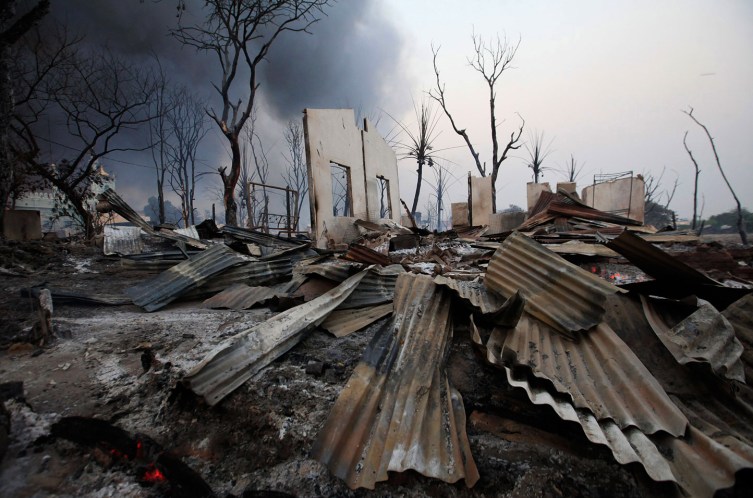
For decades, Buddhists and Muslims have uneasily coexisted in western Burma. And while violence has periodically occurred, conflict between the two religious groups has reached new heights. The nation’s end to military rule has allowed the violence to spread; reports of Buddhists wielding swords and laying waste to Muslim neighborhoods in the last few months have come after last year’s violence in Rakhine State, where about 800,000 Rohingya Muslims live. Over the last two years, hundreds of people – mostly Muslims – have been killed and about 150,000 people have been displaced.
8. The Spread of the MERS Virus
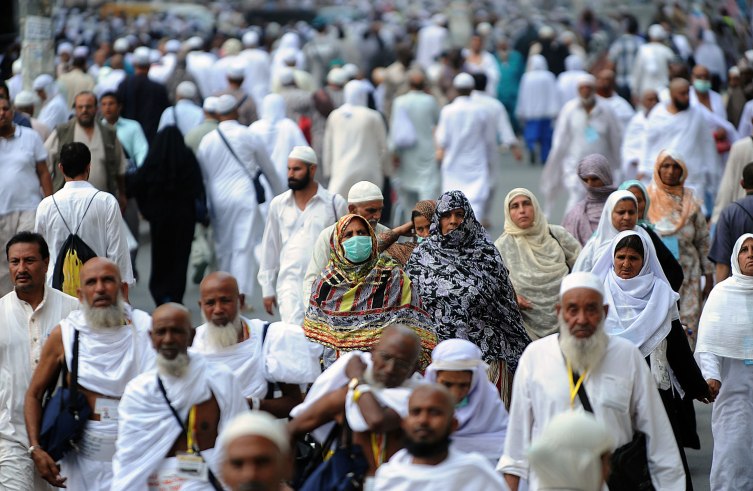
The MERS coronavirus, which causes severe respiratory problems, has killed 70 people and sickened more than 160 since September 2012. But while those numbers seem relatively low, they may grossly understate the potential threat. Many researchers believe that cases of MERS are going uncounted due to inadequate surveillance initiatives, and there are fears that it will continue to spread beyond the Middle East, where it first appeared. “We conclude that a slowly growing epidemic is underway,” medical experts recently wrote in The Lancet.
7. Hundreds of Exoplanets Discovered

It’s been known for years that countless exoplanets – planets outside of our solar system – exist. But this year, new research from NASA’s Kepler team added 833 to its exoplanet list, bringing the number of known exoplanets to more than 3,500. And they’re not just cold rocks floating somewhere in space. At least 100 of them appear to be in the astronomical Goldilocks Zone – not too hot, not too cold, but just the right conditions to be habitable.
6. Massive South Dakota Snowstorm Devastates Ranchers
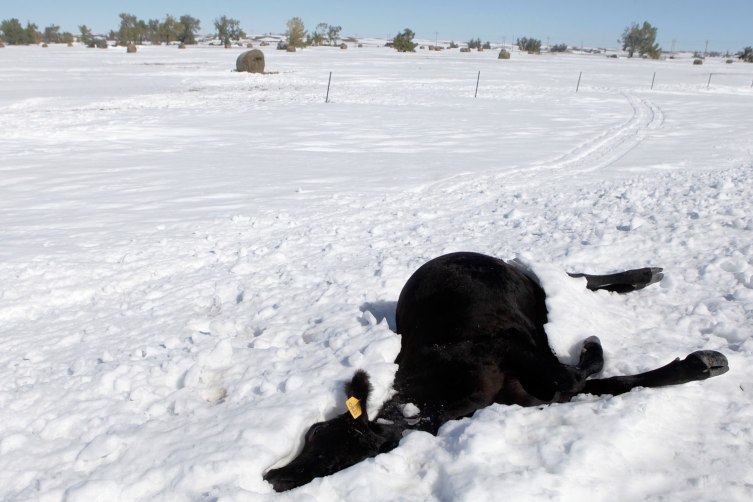
In early October, a freakish autumn blizzard dumped four feet of snow through South Dakota, killing thousands of cows that had yet to grow their thick winter coats. The storm ravaged ranchers who not only rely on selling cattle at market in the spring but breed them for calves that they can sell later in the fall. Soon after the blizzard, a number of neighboring ranchers in Montana began working to send pregnant cows to the state. Several hundred have been trucked into South Dakota to help ranchers replenish their stocks, which often take years to build.
5. Heightened Violence in Iraq
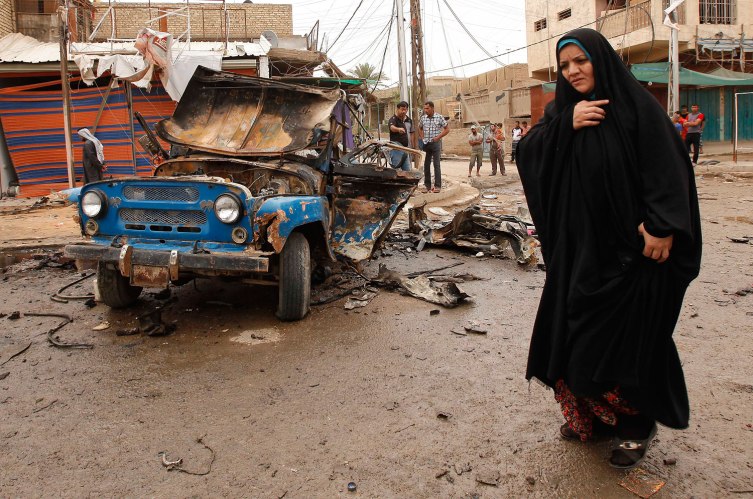
In 2013, more than 8,000 civilians were killed in Iraq, according to Iraq Body Count, which tallies civilian deaths in the country. In May alone, 888 civilians were killed, a level that hadn’t been seen since early 2008. The Iraqi government is still largely unable to stamp out al Qaeda’s affiliate in the country, and the head of the U.S.’s national counterterrorism center has told Congress that he believes the Sunni group is as strong as it was in 2006 before the so-called “surge” of U.S. troops. Cafes are routinely bombed, police and military are often gunned down and suicide car bombs are still commonplace, all efforts to destabilize the Shiite-led government. As many Sunnis complain that the government’s security forces are discriminating against them by cracking down on protest camps and raiding their homes, Shiite leaders have called for their followers to take up arms, leading some experts to predict an all-out civil war.
4. Government Shutdown Causes Problems for Long-Term Science Research
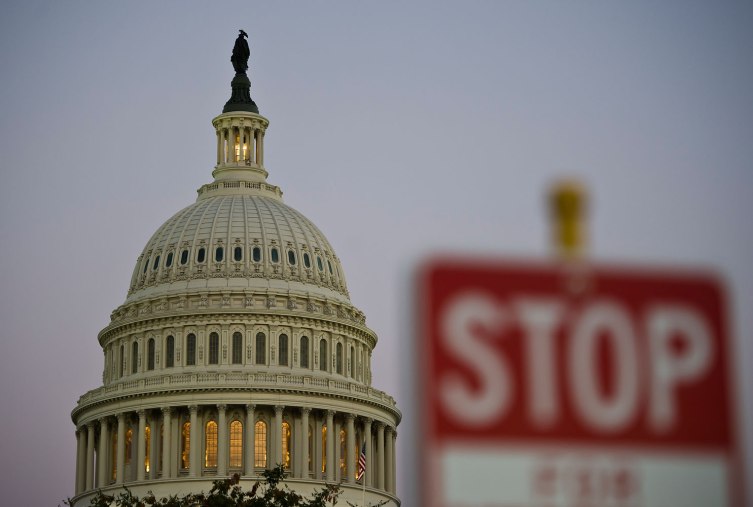
While the government shutdown temporarily affected a number of federal programs and services during the first half of October, it also may have caused long-lasting effects on science research funded by Washington. The National Institutes of Health had to turn away hundreds of patients who had been taking NIH’s experimental cancer treatments. Scientists who travel to Antarctica each year to study melting permafrost lost half a year of data, creating a significant gap in their years-long research. Even mice used by researchers to study cancer and Alzheimers’ disease died because they could not be monitored, which will cause problems for a number of studies that require years of uninterrupted research.
3. Legalization of Pot in Latin America

Across Central and South America, a number of countries are following the lead of neighbors to the north and looking to legalize marijuana. Uruguay is on the verge of allowing its citizens to grow up to six marijuana plants in their homes. Colombian President Juan Manuel Santos has said he would back legalization if his Latin American neighbors did the same. Legislators in Mexico are trying to push through their own decriminalization bills. As the U.S. sees marijuana legalization taking place so far only at the state and local level, a number of countries to its south will likely fully legalize the drug within the next few years.
2. U.S. Violent Crime Rises for Second Straight Year
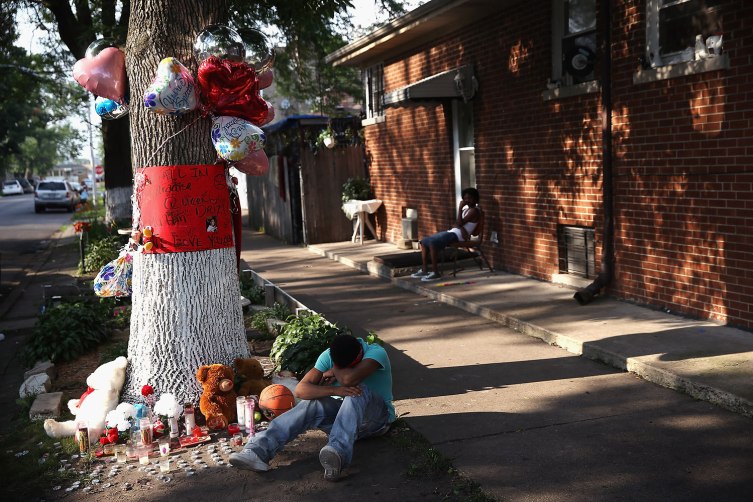
For the last two decades, violent crime in the U.S. has steadily trended downward. But over the last two years, that positive trend line has reversed itself. According to the 2012 National Crime Victimization Survey by the Bureau of Justice Statistics, 26 out of every 1,000 people in the U.S. last year were victims of violent crime, such as rape, robbery or assault, up from 23 the year before. Similarly, the FBI’s 2012 Uniform Crime Report shows that crime is up about 1% from 2011 with more than 1.2 million violent crimes in the U.S. The economy is likely to blame. Not only are people worse off financially than they were before the Great Recession, but police departments around the country are often under increasing financial pressures. A number of sensational crime stories – including multiple shootings in Chicago and New York City along with several murders in the Plains states, a region that has seen a spike in crime since the region’s oil boom – are further evidence of this troubling spike.
1. Anarchy in the Central African Republic
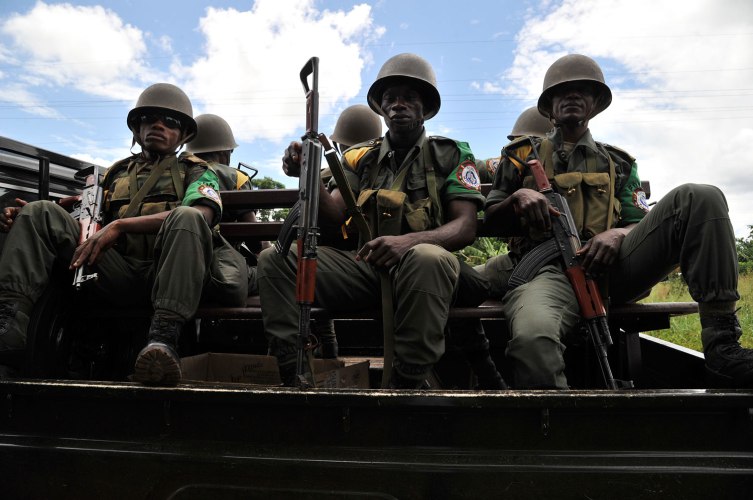
In March, President Francois Bozize of the Central African Republic fled his country and showed up in neighboring Cameroon. Since then, the country has slid into absolute anarchy. A group of rebels known as Seleka have overrun the capital while being accused of unspeakable atrocities, including the killing of thousands of civilians and conscription of child soldiers. The United Nations is considering sending in peacekeeping troops over concerns that the country is on the verge of genocide. France, the area’s former colonial power, may also intervene to seize power away from the Seleka rebels, who are in effect controlling the country.
Think we missed something? Tell us using hashtag #TIME2013
Follow @TIME






